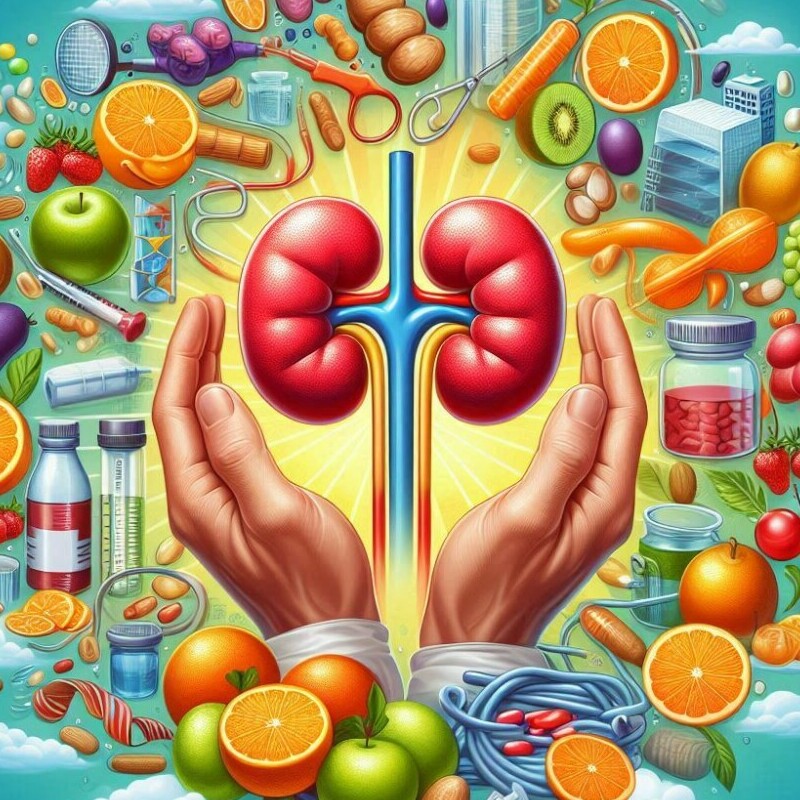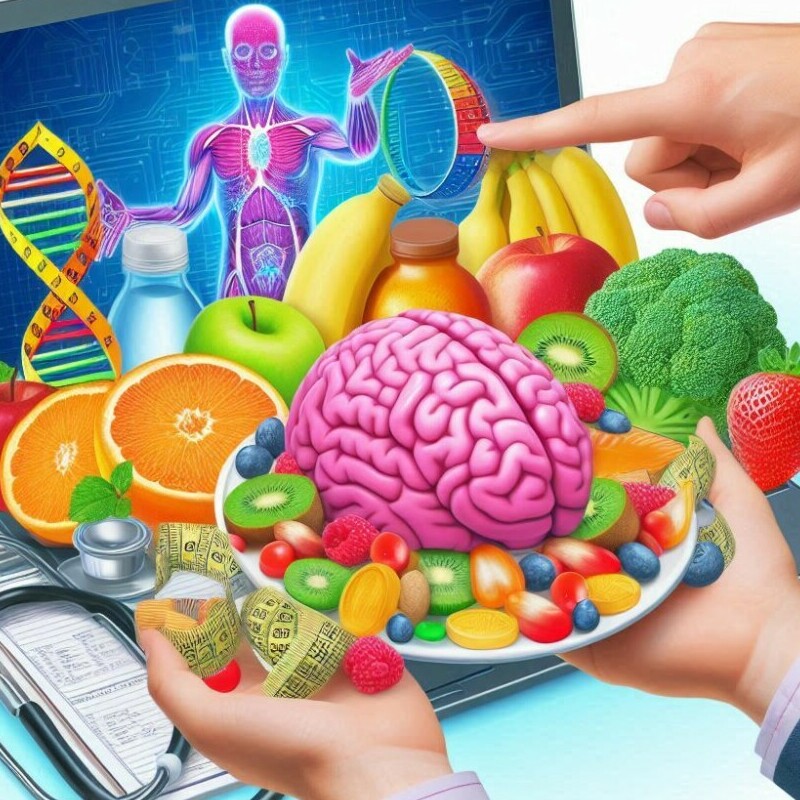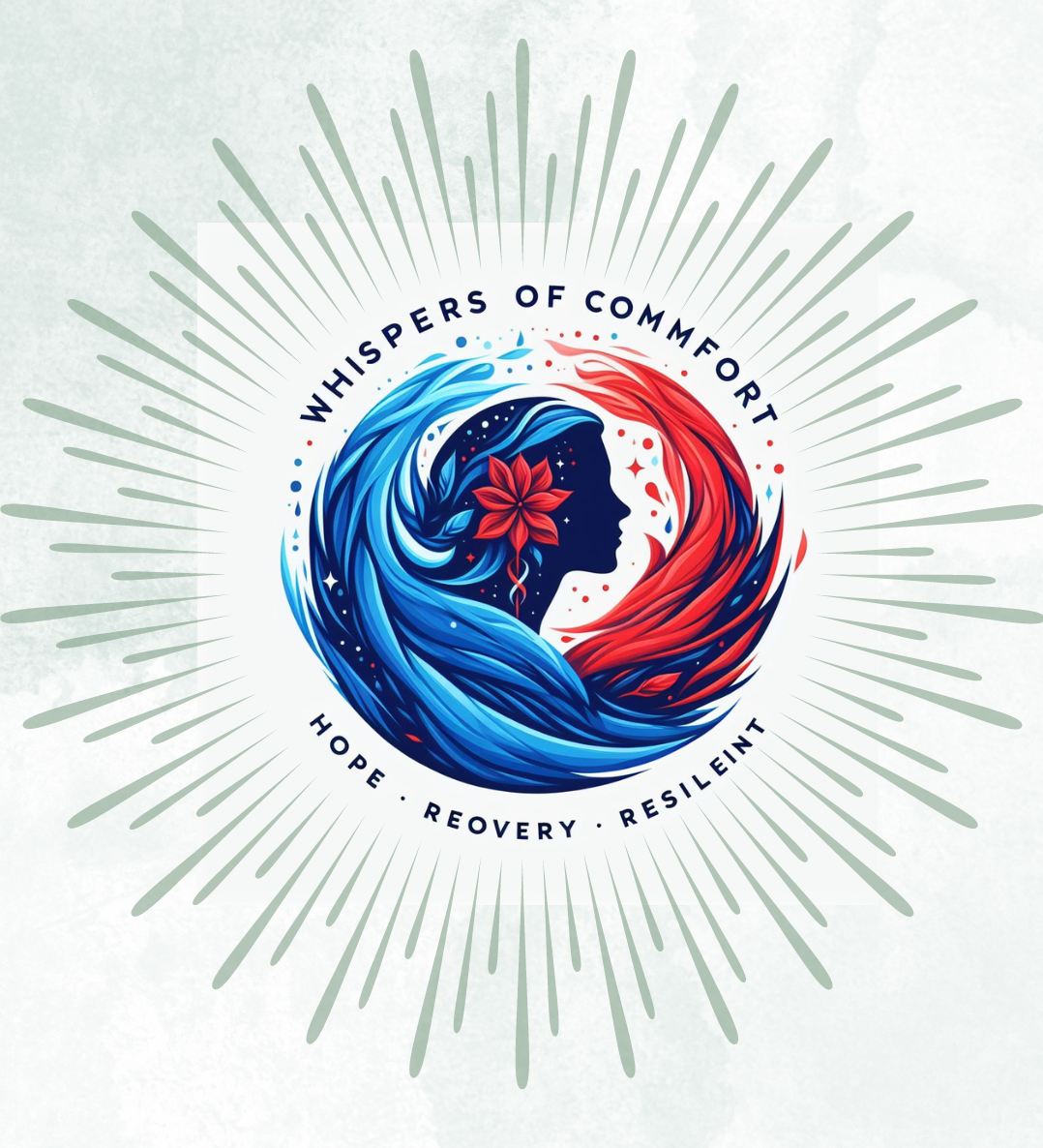*This post may contain affiliate links for which I earn commissions.*

Genetics, lifestyle, and, most importantly, diet are some of the various factors that influence the development of kidney stones. Understanding the role of diet in the formation of kidney stones is crucial for both prevention and management.
I’m going to lay out the basics of kidney stones, because knowing what you’re dealing with is half the battle. Kidney stones are hard mineral and salt deposits that form inside your kidneys. They come in various types, with names like calcium oxalate, uric acid, struvite, and cystine stones, each linked to different dietary and metabolic factors.
That’s going to include a deeper look into how these pesky little stones form. Imagine that your kidneys are like a plumbing system. When certain substances like calcium, oxalate, urate, cystine, xanthine, and phosphate become too concentrated, they can crystallize and stick together, forming stones over time. That doesn’t sound pleasant, right? That’s why prevention is key.
You’re going to find out about the common causes and risk factors of kidney stones too. Dehydration is a major one, as it reduces urine volume and leads to higher concentration of minerals. But other factors play a role as well: dietary choices, obesity, certain diseases and supplements, and even genetics.
Symptoms can vary quite a bit, but often include severe pain in the side and back, pain during urination, discolored or foul-smelling urine, and nausea or vomiting. If you’ve had kidney stones before or if they run in your family, you’ll want to pay special attention to how you can shift your diet to avoid a recurrence.
In my opinion, understanding these factors is crucial before we start talking about specific dietary changes. It’s not just about removing certain foods from your diet; it’s about creating a balanced meal plan that supports the overall health of your kidneys. And that’s where we’re headed next in our guide.
Dietary Do’s: Foods to Embrace for Kidney Stone Prevention
Hydration is the cornerstone of kidney health. I’m going to explain why getting enough fluids, especially water, is vital. Staying well-hydrated helps to dilute the substances in urine that lead to stones. Aim for at least 8–10 glasses daily, or more if you’re active or live in a hot climate.
Now, let’s touch on calcium-rich foods. You might think that avoiding calcium is the way to go, but in reality, a diet low in calcium can actually increase stone risk. Choose something that resonates with you, like milk, yogurt, or cheese. These foods can help decrease the absorption of oxalates, one of the most common stone-forming substances.
I’m here to help you with adding the right fruits and vegetables to your diet. Foods with high water content, such as cucumbers, watermelons, and oranges, are beneficial for preventing stones. They also contain citrate, which helps prevent stone formation.
Incorporating whole grains is another strategy I like to leverage. Whole grains, such as brown rice, quinoa, and oats, are rich in fiber, vitamins, and minerals and have shown to reduce the risk of stone formation.
Finally, plant-based proteins are an excellent choice to lower the risk of kidney stones. Sources like lentils, chia seeds, and tofu are not only good for you, they’re also kidney-friendly. Reducing your intake of animal proteins can decrease the production of certain stone-forming substances, like uric acid.
PS: If you’re curious about WealthyAffiliate.com and want to join, I’ve got an affiliate link that gets you a free trial and connects you directly to me for personalized support within the community. Just DM me for the details!
Dietary Don’ts: Foods to Avoid or Limit to Prevent Kidney Stones
You probably know that diet plays a crucial role in preventing kidney stones, but it’s not just about piling on the good stuff; it’s equally important to know which foods can be your foes. Kidney stones can be quite a pain, literally, so steering clear of certain items is key.
If you’re prone to stones made of calcium oxalate, which are the most common type, certain foods high in oxalates should be on your radar. Spinach, beets, and even chocolate are rich in oxalates. That doesn’t mean you have to cut them out entirely, but moderation is your friend.
Then there’s salt, and let’s be honest, it’s in almost everything. But high sodium intake can lead to calcium buildup in urine, which is a no-go for kidney stone prevention. Reading labels and choosing low-sodium options can make a big difference.
When it comes to protein, the source matters. Animal proteins, like red meat, poultry, eggs, and seafood, can increase uric acid levels and decrease citrate—your body’s stone-preventer. Consider dialing back on these foods and choosing plant-based proteins instead.
Lastly, sweet is swollen until it’s not. Too much sugar, especially fructose found in sodas and processed foods, can increase your risk of kidney stones. Cutting down on sugar-sweetened beverages and opting for naturally sweet fruits is a smarter pick.
Beyond Diet: Lifestyle Adjustments and Medical Interventions

You’re going to find out about more than just food choices here. I’m here to help you with the bigger picture for kidney stone prevention, which includes changes in your daily routine and understanding when to seek professional help.
Maintaining a healthy body weight isn’t just about looking good; it’s about your overall health. Obesity can increase your risk for kidney stones, so choosing a balanced diet and staying active are key.
Regular physical activity can help prevent kidney stones by keeping your body in check and reducing the likelihood of stone-forming substances becoming concentrated in your urine.
When it comes to kidney stones, there are times when a visit to the doctor is essential. Persistent pain, difficulty urinating, or blood in your urine are tell-tale signs that warrant professional advice.
Medical treatments for kidney stones have come a long way. From shock wave lithotripsy to ureteroscopy, there are multiple ways to tackle different types of stones. Choose something that resonates with you and your specific condition, in consultation with your healthcare provider.
While natural remedies and supplements are popular, it’s important to proceed with caution. Not all of them have scientific backing, and some might even do more harm than good. Always consult with a healthcare professional before starting any new treatment.
By increasing fluid intake, moderating salt and animal protein consumption, and incorporating more fruits, vegetables, and foods rich in calcium and citrate, individuals can significantly reduce their risk of developing kidney stones.
With the right knowledge and proactive measures, the painful experience of kidney stones can often be avoided, paving the way for a healthier, more comfortable life.
Please leave your comments and experiences below.
PS: If you’re curious about WealthyAffiliate.com and want to join, I’ve got an affiliate link that gets you a free trial and connects you directly to me for personalized support within the community. Just DM me for the details!
**Here’s a little transparency: Our website contains affiliate links. We may receive a small commission if you click and make a purchase. Don’t worry, as there’s no extra cost to you. It’s a simple way to support our mission of bringing you quality content.
Related:
Best Exercise and Sport Gear Brands
Best Wearable Health Technology
Best Remedy Extremely Dry Skin
Follow me on social media!

Your article does a fantastic job of breaking down the complexities of kidney stones into understandable terms. It’s crucial for readers to grasp the basics before diving into prevention and management strategies. Your comparison of kidneys to a plumbing system really hits home. It’s a relatable way to illustrate how these stones form.
Overall, your article is a comprehensive guide that balances practical dietary advice with an understanding of the broader lifestyle factors influencing kidney stone formation. Thanks for sharing such insightful and actionable information!
Hello Kavitha,
Thank you for your contributions to the article.
It’s good to know that the article provides a clear and comprehensive guide to understanding kidney stones and their prevention.
Likewise, it gladdens my heart that the analogy of the kidney being like the plumbing system interests you and makes the topic relatable.
I appreciate your insight.
Thank you for your kind words.
I wish you the best.
– Makinde
Dear Makinde,
I wanted to extend my heartfelt thanks for your remarkable article, “Top Dietary Changes To Prevent Kidney Stones.” The depth of knowledge you shared is truly impressive and incredibly useful. Your clear explanation of the role that diet plays in the formation and prevention of kidney stones has provided me with valuable insights.
Understanding the different types of kidney stones and the specific dietary adjustments required to prevent them has been particularly enlightening. Your emphasis on the importance of hydration, the benefits of incorporating calcium-rich foods, and the advantages of plant-based proteins offer practical and actionable steps that I can incorporate into my daily routine. Additionally, your advice on moderating the intake of high-oxalate foods, salt, animal proteins, and sugary beverages is both detailed and helpful.
Your article goes beyond just dietary changes, providing a comprehensive view of kidney stone prevention, including lifestyle modifications and the importance of seeking professional advice when necessary. This holistic approach is highly appreciated.
Thank you once again for sharing your expertise. The information you’ve provided will undoubtedly help many individuals, including myself, in taking proactive steps toward better kidney health.
Best regards,
Eric
Dear Eric,
Thank you for your comments and contributions to the article.
I’m glad to know that you found the information in the article helpful and practical.
Your acknowledgement of the explanations on the role of diet in preventing kidney stones, as well as the specific dietary and lifestyle recommendations, brings me joy and encourages vibrant discussions on health topics such as this.
Eric, I appreciate your insights and kind words pointing out the relevance of the article as a helpful resource in maintaining better kidney health.
Thanks.
All the best,
– Makinde